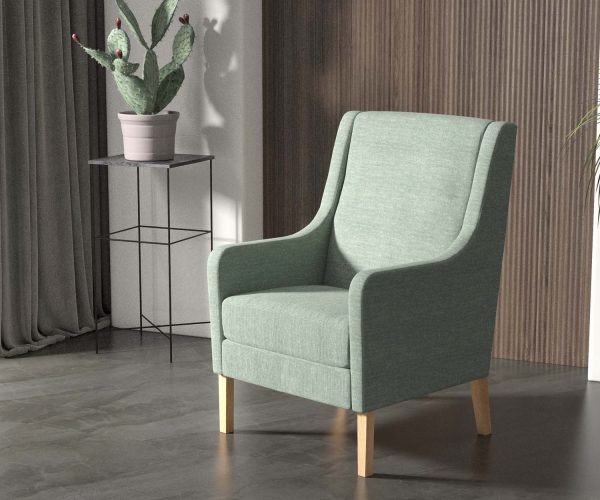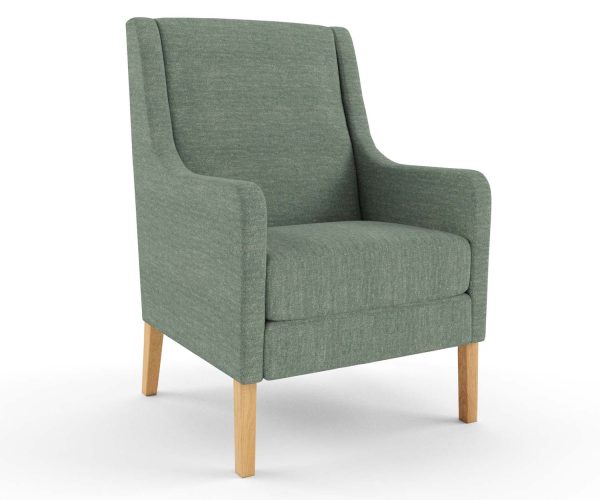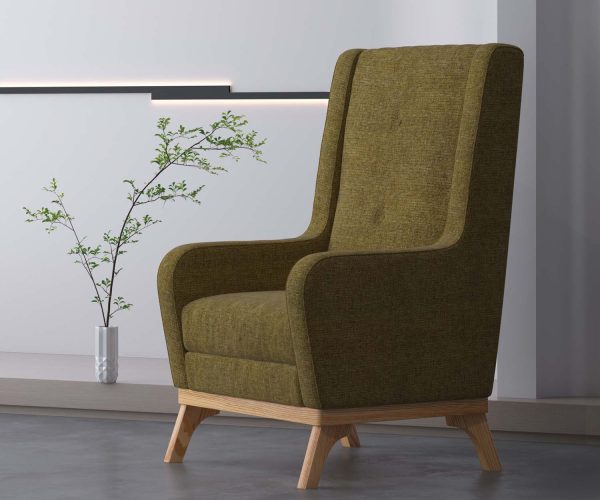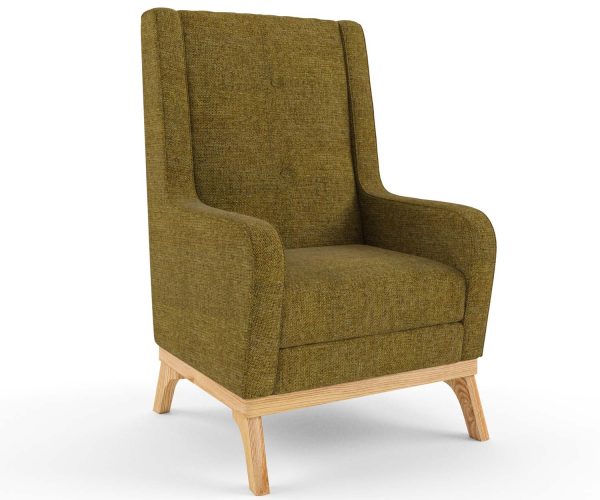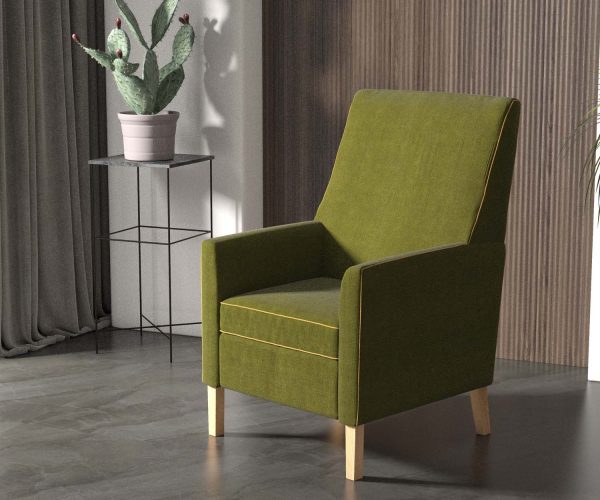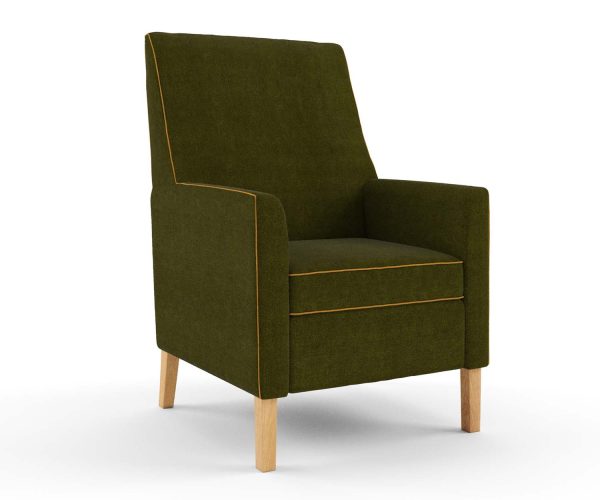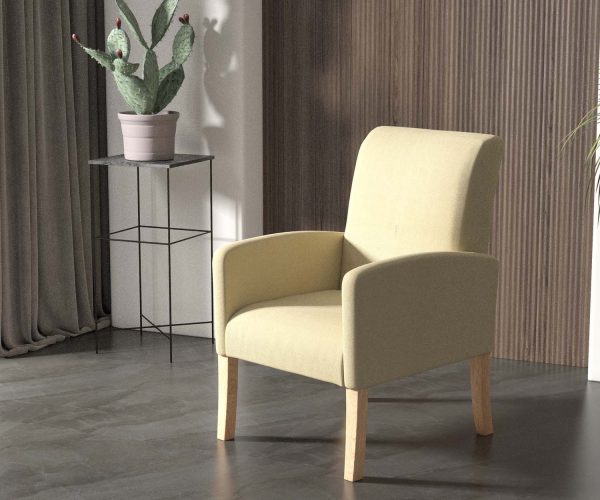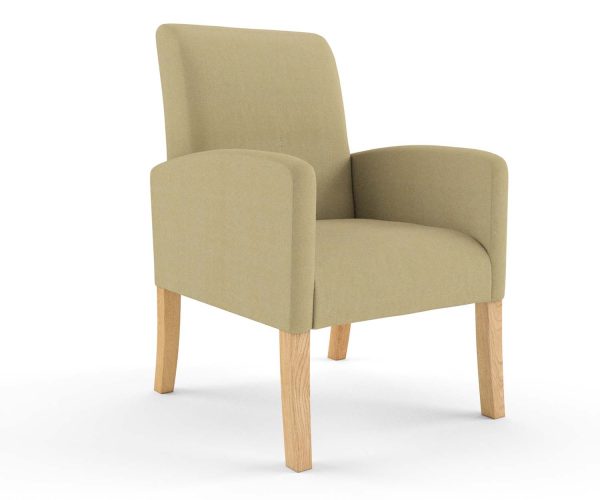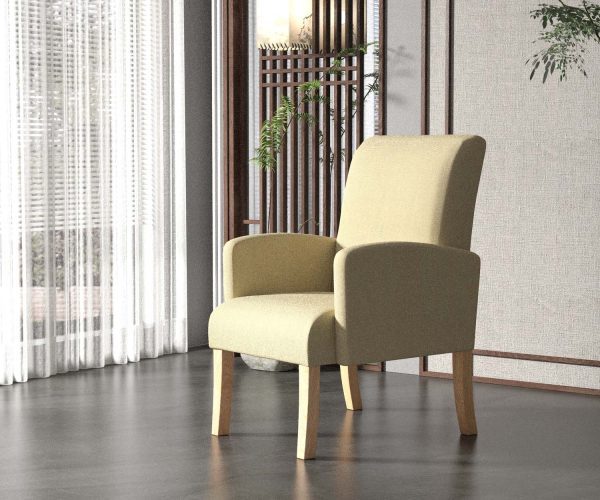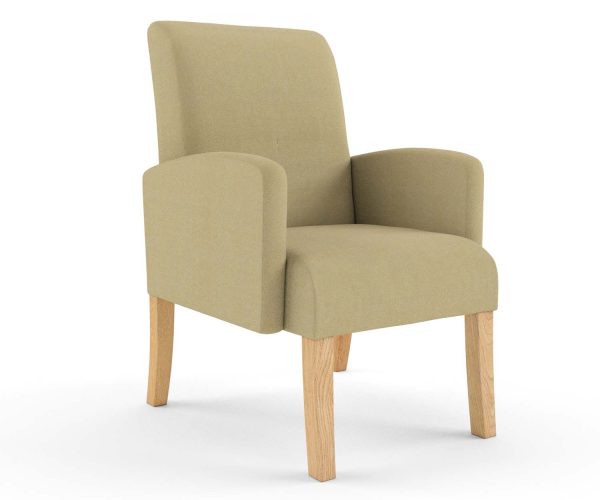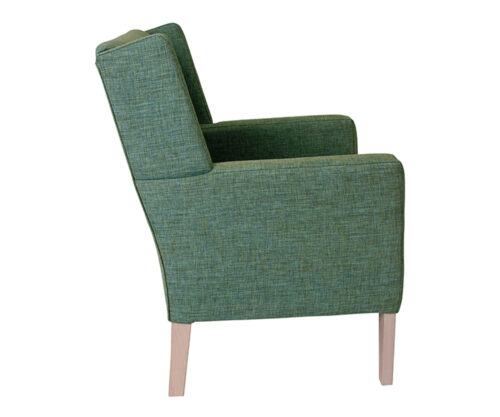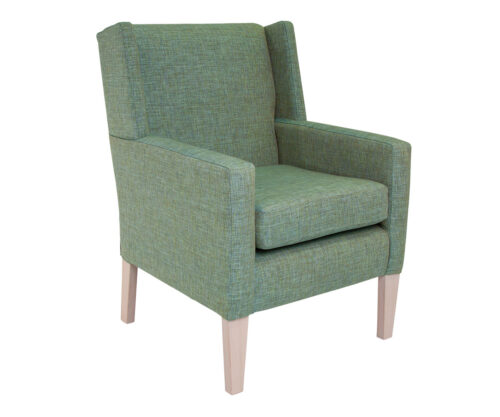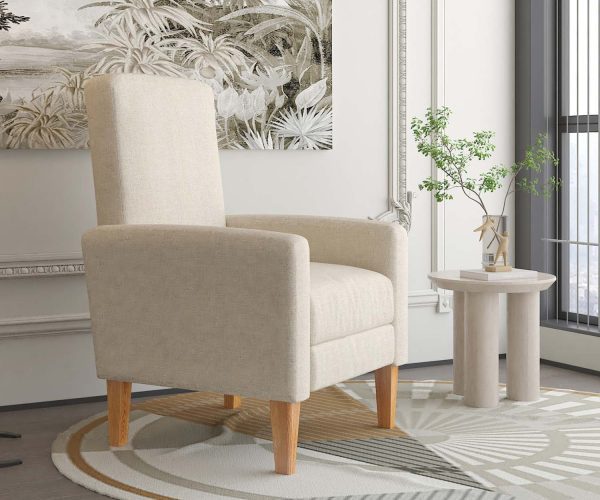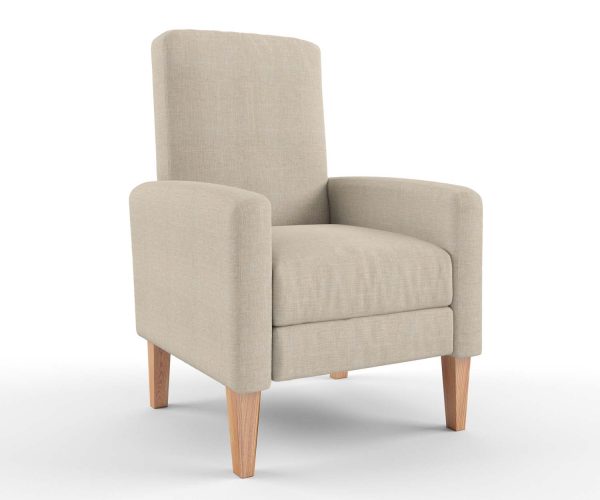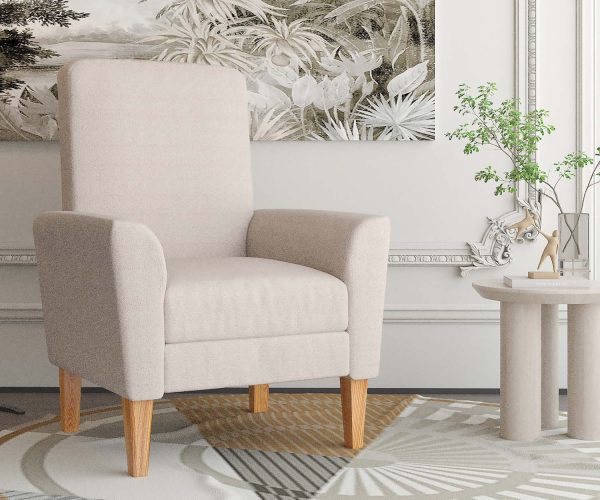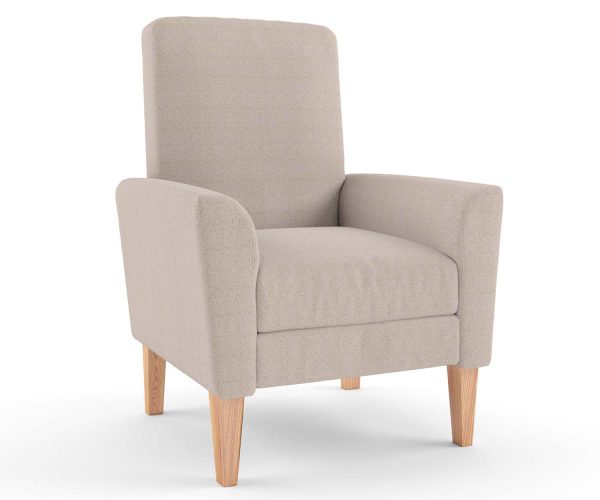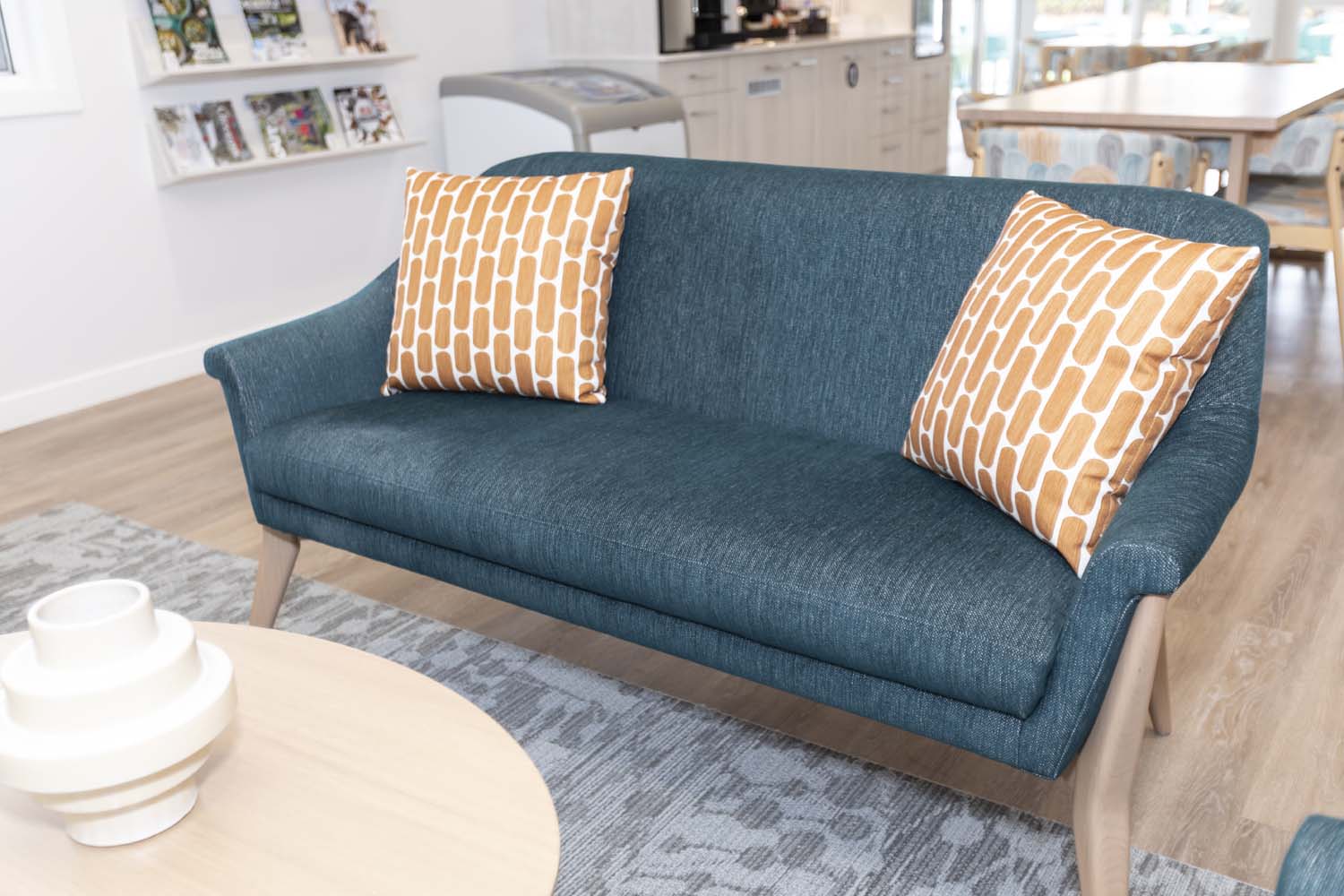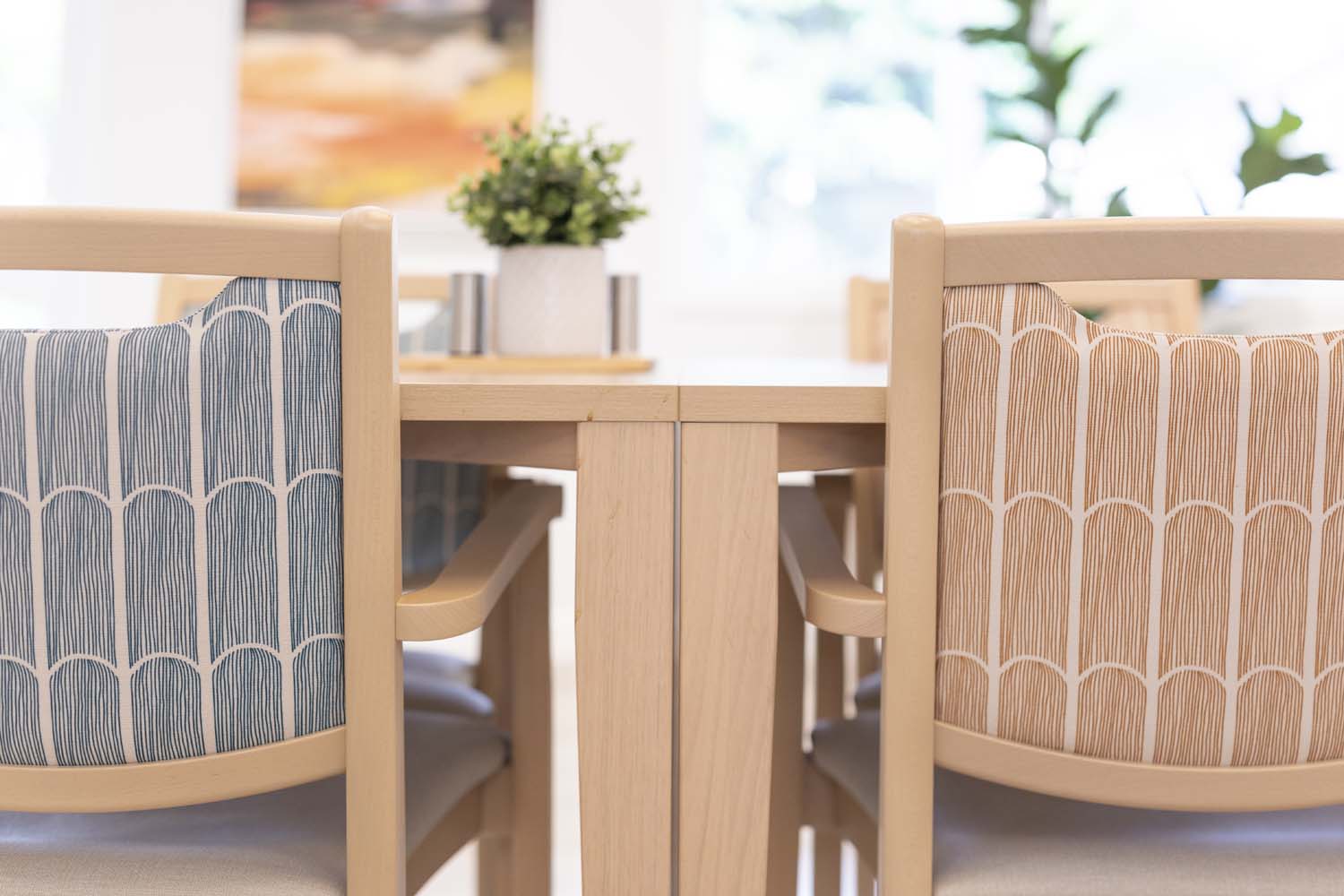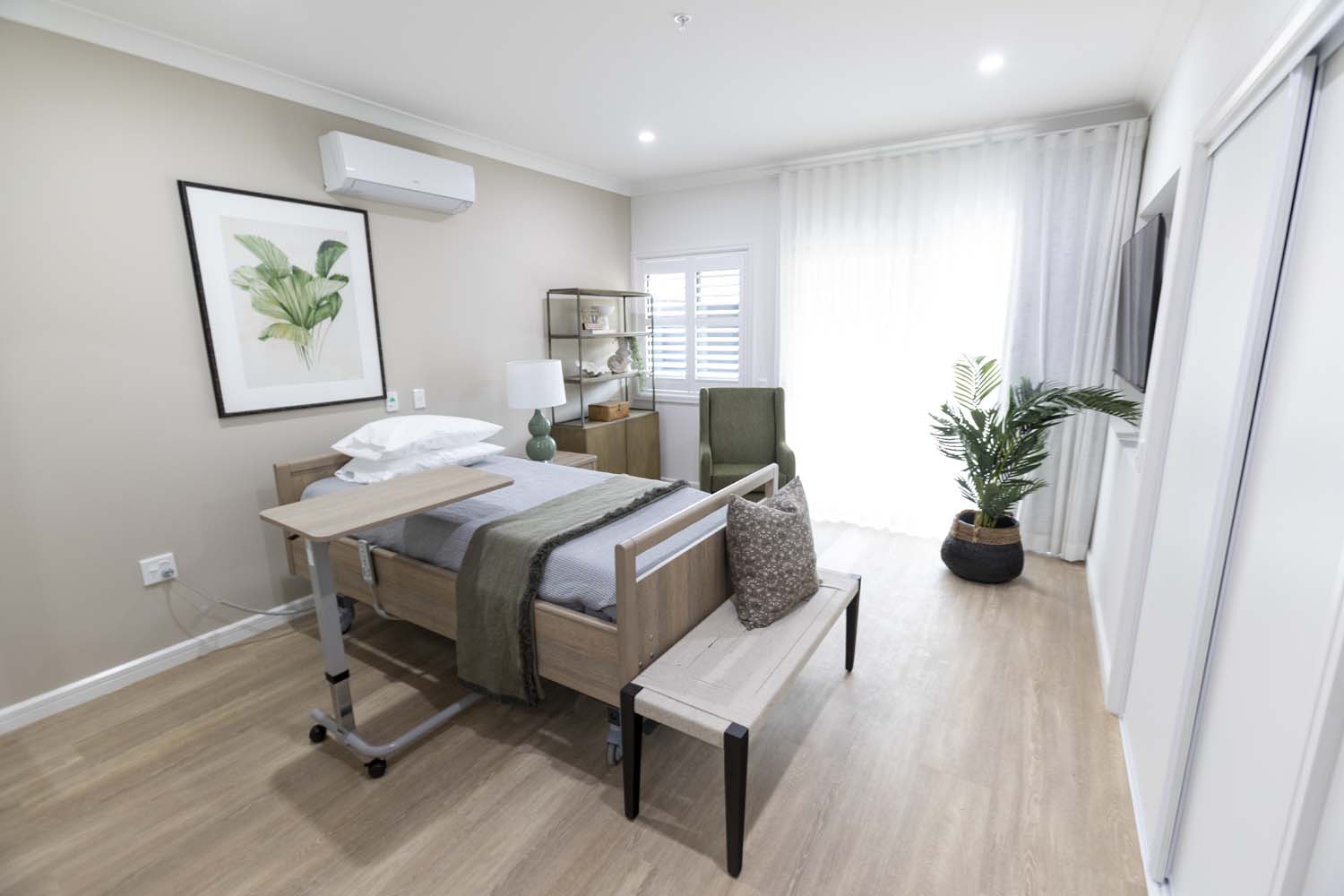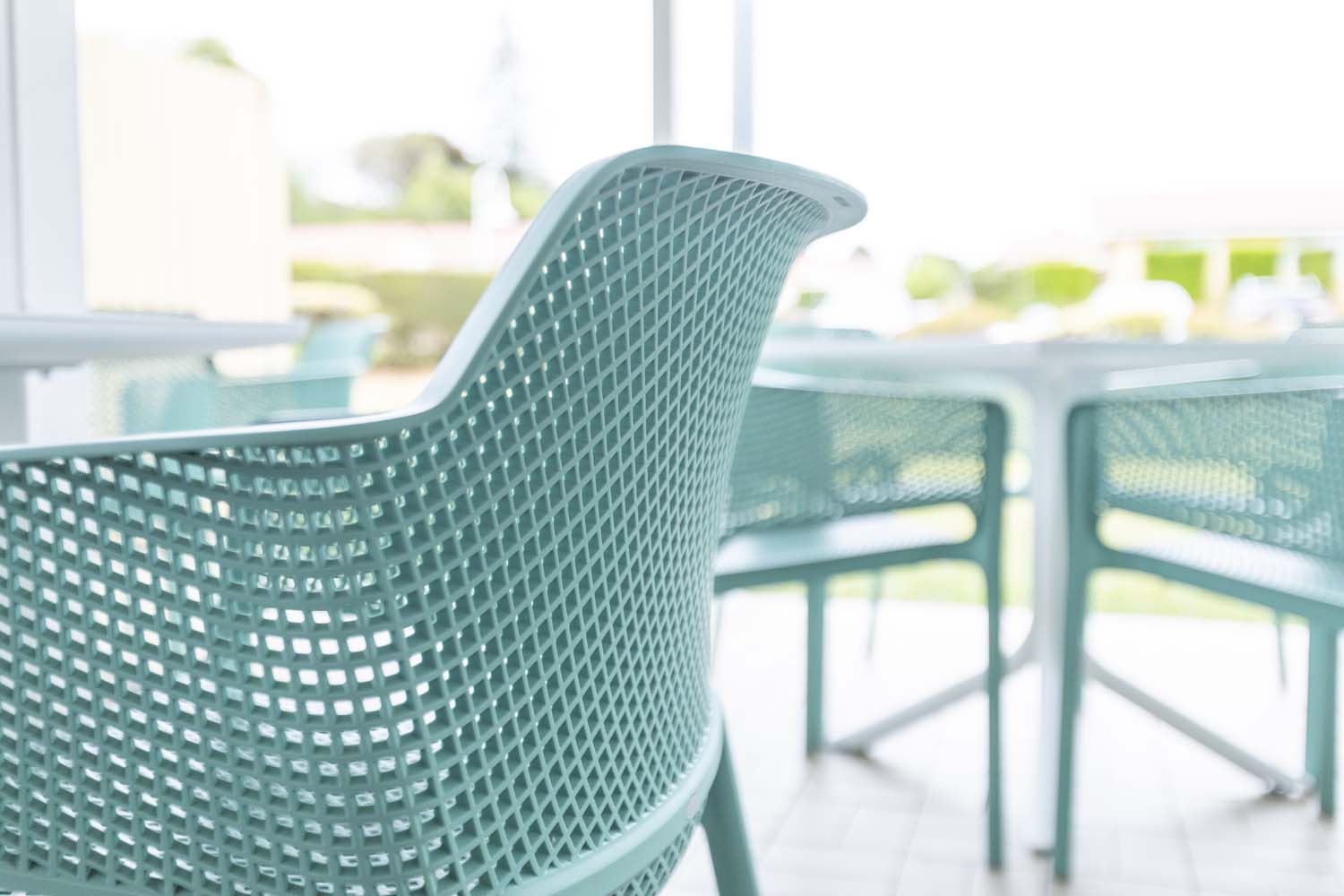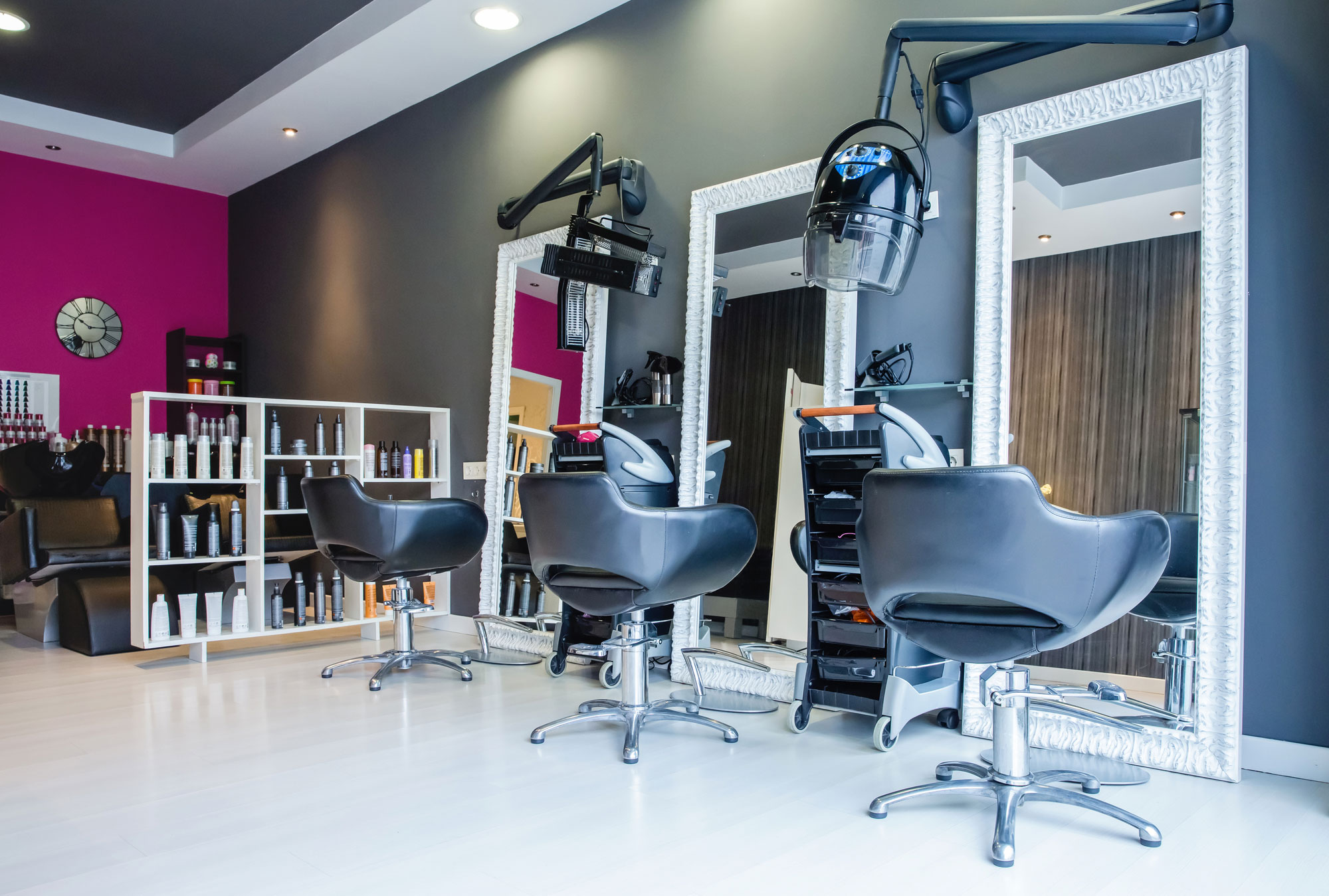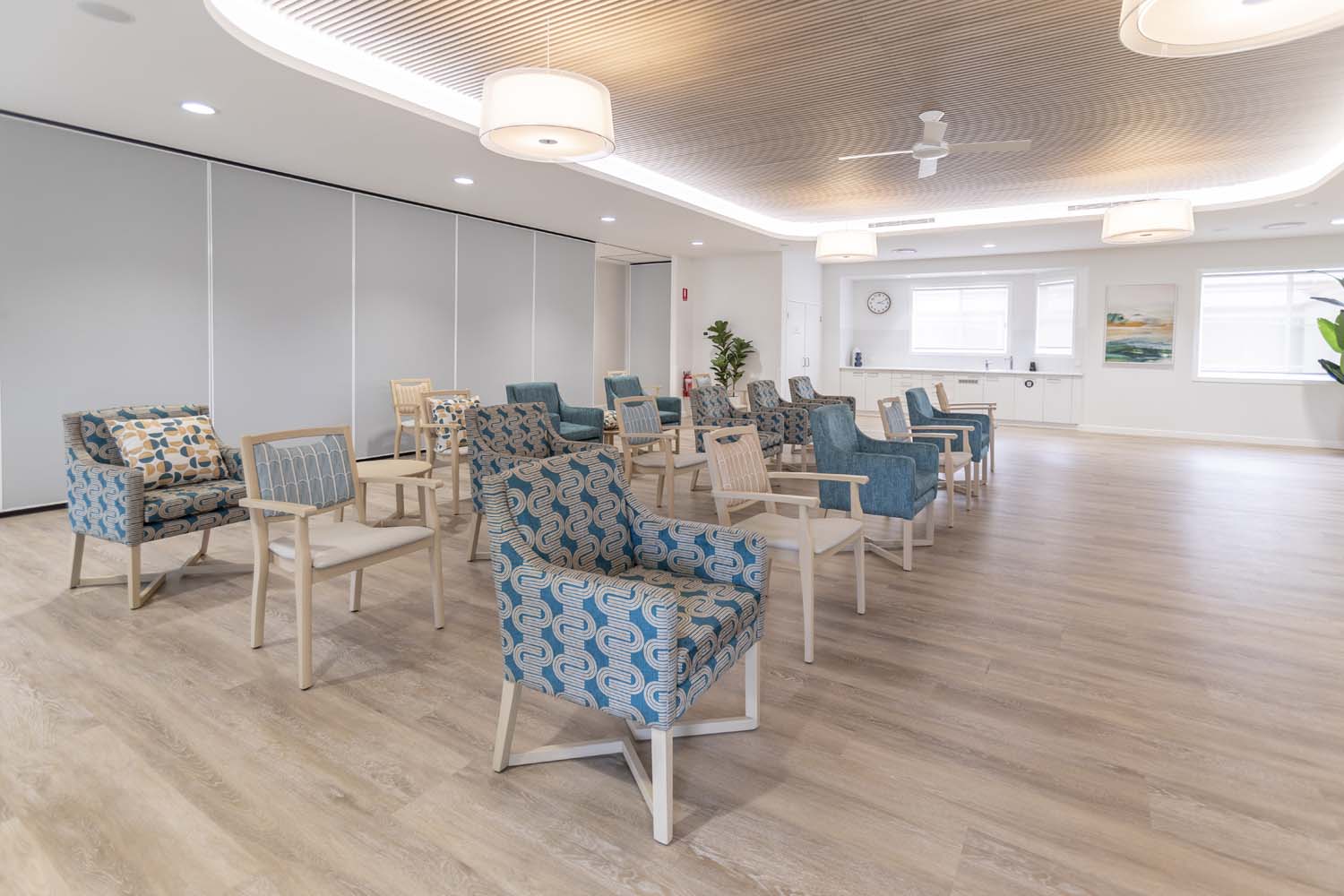Why a Furniture Partner Adds Value to Your Business: Understanding the Distinction Between Suppliers and Partners in Furniture Procurement

In the ever-evolving field of furniture procurement, making well-informed choices holds the power to profoundly influence the success and overall satisfaction of your commercial furniture project in Australia, spanning diverse sectors such as aged care, retirement living, education, and hospitality.
While many businesses consider furniture suppliers and furniture partners to be interchangeable, it’s crucial to recognize the distinction between these two approaches to furniture sourcing.
In this article, we’ll explore why a furniture partner can add tremendous value to your business in the context of the Australian aged care, retirement living, educational, and hospitality sectors.
The Traditional Furniture Supplier
When you think of a furniture supplier, you may envision a company that provides a range of furniture products, from chairs and tables to lighting and accessories. Their primary responsibility is to efficiently fulfill your furniture orders, offering you a catalog of items to choose from. While this can be convenient for some, the relationship often ends at the point of sale, leaving you to navigate the complexities of your project alone.
The Furniture Partner
Conversely, a furniture partner goes beyond the role of a supplier. They become an integral part of your project’s success, offering valuable insights, expertise, and collaboration throughout the entire furniture procurement process. A furniture partner is dedicated to understanding your unique requirements, goals, and vision, and actively contributes to achieving these objectives.
Here’s why a furniture partner is a valuable addition to your Australian aged care, retirement living, educational, or hotel business:
- Strategic Collaboration: A furniture partner collaborates closely with your team to align furniture choices with your brand identity and project goals. They work as an extension of your team, ensuring that the furniture enhances the overall design and functionality of the space. They have a deep understanding of who will be using the furniture they are supplying, what their unique needs are and how the furniture will be used within the given space.
- Compliance and Specialization: In the Australian aged care and educational sectors, there are specific compliance and safety requirements to meet. A furniture partner is well-versed in these regulations and can provide furniture solutions that adhere to the necessary standards. They will work with you to ensure that your compliance obligations are met.
- Customization and Tailoring: Unlike traditional suppliers, furniture partners have the flexibility to customize furniture pieces to your exact specifications. Whether you require specialized finishes, ergonomic designs, or unique color schemes, they can cater to your specific needs. Furniture partners frequently double as furniture manufacturers, ensuring an unrestricted capacity for achieving high levels of customization.
- Project Management: Furniture partners take on project management responsibilities, handling logistics, delivery, and installation. This reduces the burden on your team and ensures a seamless process from start to finish.
- Long-Term Relationship: A furniture partner is invested in your long-term success. Your long-term success is their long-term success. It is a symbiotic relationship. They aim to build a lasting relationship by consistently delivering exceptional service and tailored solutions that exceed your expectations. Plus, they don’t walk away from you once furniture installation is complete. They are there to troubleshoot any issues that may arise after the sale is complete.
- Value Optimization: Furniture partners are committed to delivering the best value for your budget. They help you maximize your investment by identifying cost-saving opportunities without compromising on quality. This is achieved by including your team early in the project lifecycle. You are in complete control of your budget right from the start.
- Problem Solving: When challenges arise during a project, a furniture partner is there to find creative solutions. Their problem-solving abilities contribute to smoother operations and better outcomes.
How to Find a Quality Australian Furniture Partner
Finding a quality Australian furniture partner for your commercial project, whether in aged care, retirement living, education, or hotels, is essential for success. Here are some tips to help you in your search:
Do Your Research
Start by conducting thorough research online and offline. Look for furniture companies with a strong reputation for quality and reliability in Australia.
Check Their Portfolio
Review the company’s portfolio to see if they have experience working on projects similar to yours. Look for evidence of successful collaborations in your specific industry.
Ask for References
Don’t hesitate to ask for references from past clients. Contact these clients to inquire about their experience with the furniture partner, the quality of the furniture, and the level of service provided.
Visit Showrooms
Whenever possible, visit the furniture partner’s showroom. This allows you to see and feel the furniture firsthand, assess the quality, and discuss customization options.
Assess Design Capabilities
Evaluate the company’s design capabilities. A quality furniture partner should have a team of skilled designers who can create furniture that aligns with your project’s aesthetic and functional requirements.
Customization Options
Inquire about their customization capabilities. Ensure they can tailor furniture pieces to your specific needs, whether it’s custom sizes, finishes, or materials.
Compliance and Certifications
Verify that the furniture partner complies with Australian standards and regulations, especially in sectors like aged care and education, where compliance is crucial.
Quality Assurance
Ask about their quality control processes. A reliable partner should have rigorous quality assurance procedures in place to ensure the furniture meets high standards.
Delivery and Installation
Inquire about their delivery and installation services. Ensure they can manage logistics efficiently and provide professional installation to avoid disruptions in your project timeline.
Budget Transparency
Transparent pricing is essential. Make sure the furniture partner provides clear and detailed quotes, including all costs associated with customization, delivery, and installation.
Communication and Responsiveness
Gauge their communication skills and responsiveness. A quality partner should be accessible, responsive to inquiries, and proactive in addressing your concerns.
Longevity and Reputation
Consider the company’s longevity and reputation in the industry. A well-established furniture partner with a history of success is more likely to deliver on their promises.
Sustainability Practices
If sustainability is a priority for your project, inquire about the partner’s sustainability practices, including the use of eco-friendly materials and responsible manufacturing processes.
Contract Terms
Carefully review the contract terms and ensure they align with your project’s needs and timeline. Pay attention to warranties and after-sales support.
Visit Completed Projects
If possible, visit completed projects where the furniture partner has supplied furniture. This firsthand experience can provide valuable insights into their work quality.
In conclusion, the distinction between a furniture supplier and a furniture partner lies in the level of engagement, collaboration, and value they bring to your Australian aged care, retirement living, education or hotel business. While suppliers provide products, partners provide solutions, expertise, and a commitment to your success. When you choose a furniture partner, you’re not just buying furniture; you’re investing in a valuable relationship that can elevate your projects and positively impact your business for years to come. So, the next time you embark on a furniture procurement journey in the Australian context, consider the long-term benefits of having a furniture partner by your side. Your business, clients, and stakeholders will all reap the rewards.
FAQs About Furniture Procurement
Why is furniture procurement important for businesses and organizations?
Furniture procurement is crucial for creating functional and conducive spaces, influencing the overall aesthetics, comfort, and efficiency of a workplace or facility.
What factors should be considered during the furniture procurement process?
Considerations include budget constraints, design requirements, functionality, ergonomic features, durability, and the specific needs of the users.
How can businesses ensure they are choosing sustainable furniture during procurement?
Businesses can prioritize sustainable furniture by looking for certifications, considering materials and manufacturing processes, and evaluating the environmental impact of the products.
What is the typical timeline for a furniture procurement project?
The timeline for furniture procurement varies based on the size and complexity of the project. It can range from a few weeks for smaller orders to several months for large-scale projects.
How does the procurement process differ for custom-designed furniture compared to pre-made options?
The procurement process for custom-designed furniture involves collaboration with designers and longer lead times. Pre-made options typically have shorter lead times and may be more cost-effective.
What role does ergonomics play in furniture procurement?
Ergonomics is crucial in furniture procurement as it ensures that furniture is designed to support the health and well-being of users, promoting comfort and productivity.
How can businesses ensure the compatibility of procured furniture with existing decor and design themes?
Businesses can ensure compatibility by establishing a clear design vision, working closely with furniture manufacturers or designers, and obtaining samples or mock-ups before making final procurement decisions.
What challenges might businesses face during the furniture procurement process?
Challenges may include budget constraints, delays in manufacturing or shipping, design discrepancies, and ensuring that procured furniture meets regulatory requirements.
How can businesses effectively manage the logistics of furniture delivery and installation?
Effective management involves coordinating with suppliers, establishing a timeline, conducting site assessments, and ensuring that delivery and installation align with project timelines and operational needs.
Australian Made Furniture that Follows the Australian National Aged Care Design Principles and Guidelines
Aged care chairs should be both supportive (Guideline 1.9 – Supportive Seating) and appropriate (Guideline 2.8 – Appropriate Furniture).
More News
Why a Furniture Partner Adds Value to Your Business: Understanding the Distinction Between Suppliers and Partners in Furniture Procurement

In the ever-evolving field of furniture procurement, making well-informed choices holds the power to profoundly influence the success and overall satisfaction of your commercial furniture project in Australia, spanning diverse sectors such as aged care, retirement living, education, and hospitality.
While many businesses consider furniture suppliers and furniture partners to be interchangeable, it’s crucial to recognize the distinction between these two approaches to furniture sourcing.
In this article, we’ll explore why a furniture partner can add tremendous value to your business in the context of the Australian aged care, retirement living, educational, and hospitality sectors.
The Traditional Furniture Supplier
When you think of a furniture supplier, you may envision a company that provides a range of furniture products, from chairs and tables to lighting and accessories. Their primary responsibility is to efficiently fulfill your furniture orders, offering you a catalog of items to choose from. While this can be convenient for some, the relationship often ends at the point of sale, leaving you to navigate the complexities of your project alone.
The Furniture Partner
Conversely, a furniture partner goes beyond the role of a supplier. They become an integral part of your project’s success, offering valuable insights, expertise, and collaboration throughout the entire furniture procurement process. A furniture partner is dedicated to understanding your unique requirements, goals, and vision, and actively contributes to achieving these objectives.
Here’s why a furniture partner is a valuable addition to your Australian aged care, retirement living, educational, or hotel business:
- Strategic Collaboration: A furniture partner collaborates closely with your team to align furniture choices with your brand identity and project goals. They work as an extension of your team, ensuring that the furniture enhances the overall design and functionality of the space. They have a deep understanding of who will be using the furniture they are supplying, what their unique needs are and how the furniture will be used within the given space.
- Compliance and Specialization: In the Australian aged care and educational sectors, there are specific compliance and safety requirements to meet. A furniture partner is well-versed in these regulations and can provide furniture solutions that adhere to the necessary standards. They will work with you to ensure that your compliance obligations are met.
- Customization and Tailoring: Unlike traditional suppliers, furniture partners have the flexibility to customize furniture pieces to your exact specifications. Whether you require specialized finishes, ergonomic designs, or unique color schemes, they can cater to your specific needs. Furniture partners frequently double as furniture manufacturers, ensuring an unrestricted capacity for achieving high levels of customization.
- Project Management: Furniture partners take on project management responsibilities, handling logistics, delivery, and installation. This reduces the burden on your team and ensures a seamless process from start to finish.
- Long-Term Relationship: A furniture partner is invested in your long-term success. Your long-term success is their long-term success. It is a symbiotic relationship. They aim to build a lasting relationship by consistently delivering exceptional service and tailored solutions that exceed your expectations. Plus, they don’t walk away from you once furniture installation is complete. They are there to troubleshoot any issues that may arise after the sale is complete.
- Value Optimization: Furniture partners are committed to delivering the best value for your budget. They help you maximize your investment by identifying cost-saving opportunities without compromising on quality. This is achieved by including your team early in the project lifecycle. You are in complete control of your budget right from the start.
- Problem Solving: When challenges arise during a project, a furniture partner is there to find creative solutions. Their problem-solving abilities contribute to smoother operations and better outcomes.
How to Find a Quality Australian Furniture Partner
Finding a quality Australian furniture partner for your commercial project, whether in aged care, retirement living, education, or hotels, is essential for success. Here are some tips to help you in your search:
Do Your Research
Start by conducting thorough research online and offline. Look for furniture companies with a strong reputation for quality and reliability in Australia.
Check Their Portfolio
Review the company’s portfolio to see if they have experience working on projects similar to yours. Look for evidence of successful collaborations in your specific industry.
Ask for References
Don’t hesitate to ask for references from past clients. Contact these clients to inquire about their experience with the furniture partner, the quality of the furniture, and the level of service provided.
Visit Showrooms
Whenever possible, visit the furniture partner’s showroom. This allows you to see and feel the furniture firsthand, assess the quality, and discuss customization options.
Assess Design Capabilities
Evaluate the company’s design capabilities. A quality furniture partner should have a team of skilled designers who can create furniture that aligns with your project’s aesthetic and functional requirements.
Customization Options
Inquire about their customization capabilities. Ensure they can tailor furniture pieces to your specific needs, whether it’s custom sizes, finishes, or materials.
Compliance and Certifications
Verify that the furniture partner complies with Australian standards and regulations, especially in sectors like aged care and education, where compliance is crucial.
Quality Assurance
Ask about their quality control processes. A reliable partner should have rigorous quality assurance procedures in place to ensure the furniture meets high standards.
Delivery and Installation
Inquire about their delivery and installation services. Ensure they can manage logistics efficiently and provide professional installation to avoid disruptions in your project timeline.
Budget Transparency
Transparent pricing is essential. Make sure the furniture partner provides clear and detailed quotes, including all costs associated with customization, delivery, and installation.
Communication and Responsiveness
Gauge their communication skills and responsiveness. A quality partner should be accessible, responsive to inquiries, and proactive in addressing your concerns.
Longevity and Reputation
Consider the company’s longevity and reputation in the industry. A well-established furniture partner with a history of success is more likely to deliver on their promises.
Sustainability Practices
If sustainability is a priority for your project, inquire about the partner’s sustainability practices, including the use of eco-friendly materials and responsible manufacturing processes.
Contract Terms
Carefully review the contract terms and ensure they align with your project’s needs and timeline. Pay attention to warranties and after-sales support.
Visit Completed Projects
If possible, visit completed projects where the furniture partner has supplied furniture. This firsthand experience can provide valuable insights into their work quality.
In conclusion, the distinction between a furniture supplier and a furniture partner lies in the level of engagement, collaboration, and value they bring to your Australian aged care, retirement living, education or hotel business. While suppliers provide products, partners provide solutions, expertise, and a commitment to your success. When you choose a furniture partner, you’re not just buying furniture; you’re investing in a valuable relationship that can elevate your projects and positively impact your business for years to come. So, the next time you embark on a furniture procurement journey in the Australian context, consider the long-term benefits of having a furniture partner by your side. Your business, clients, and stakeholders will all reap the rewards.
FAQs About Furniture Procurement
Why is furniture procurement important for businesses and organizations?
Furniture procurement is crucial for creating functional and conducive spaces, influencing the overall aesthetics, comfort, and efficiency of a workplace or facility.
What factors should be considered during the furniture procurement process?
Considerations include budget constraints, design requirements, functionality, ergonomic features, durability, and the specific needs of the users.
How can businesses ensure they are choosing sustainable furniture during procurement?
Businesses can prioritize sustainable furniture by looking for certifications, considering materials and manufacturing processes, and evaluating the environmental impact of the products.
What is the typical timeline for a furniture procurement project?
The timeline for furniture procurement varies based on the size and complexity of the project. It can range from a few weeks for smaller orders to several months for large-scale projects.
How does the procurement process differ for custom-designed furniture compared to pre-made options?
The procurement process for custom-designed furniture involves collaboration with designers and longer lead times. Pre-made options typically have shorter lead times and may be more cost-effective.
What role does ergonomics play in furniture procurement?
Ergonomics is crucial in furniture procurement as it ensures that furniture is designed to support the health and well-being of users, promoting comfort and productivity.
How can businesses ensure the compatibility of procured furniture with existing decor and design themes?
Businesses can ensure compatibility by establishing a clear design vision, working closely with furniture manufacturers or designers, and obtaining samples or mock-ups before making final procurement decisions.
What challenges might businesses face during the furniture procurement process?
Challenges may include budget constraints, delays in manufacturing or shipping, design discrepancies, and ensuring that procured furniture meets regulatory requirements.
How can businesses effectively manage the logistics of furniture delivery and installation?
Effective management involves coordinating with suppliers, establishing a timeline, conducting site assessments, and ensuring that delivery and installation align with project timelines and operational needs.
Australian Made Furniture that Follows the Australian National Aged Care Design Principles and Guidelines
Aged care chairs should be both supportive (Guideline 1.9 – Supportive Seating) and appropriate (Guideline 2.8 – Appropriate Furniture).
Commercial furniture by room
Based in Brisbane, we’re an Australian manufacturer of aged care furniture, retirement living furniture, hospital & healthcare furniture, hotel & accommodation furniture and student accommodation furniture. We also supply a range of commercial office furniture.
Discover the FHG Look Book: Your Source of Inspiration for Quality Australian-Made Commercial Furniture
- Quality Craftsmanship: See why we’ve been a trusted partner for over 25 years.
- Local Excellence: Learn how our Brisbane team ensures the highest standards.
- Inspiration and Ideas: Find innovative furniture solutions for any environment.
Don’t miss the opportunity to transform your commercial space with FHG’s expertly crafted furniture. Download the FHG Look Book today and start your journey towards exceptional design and quality.

